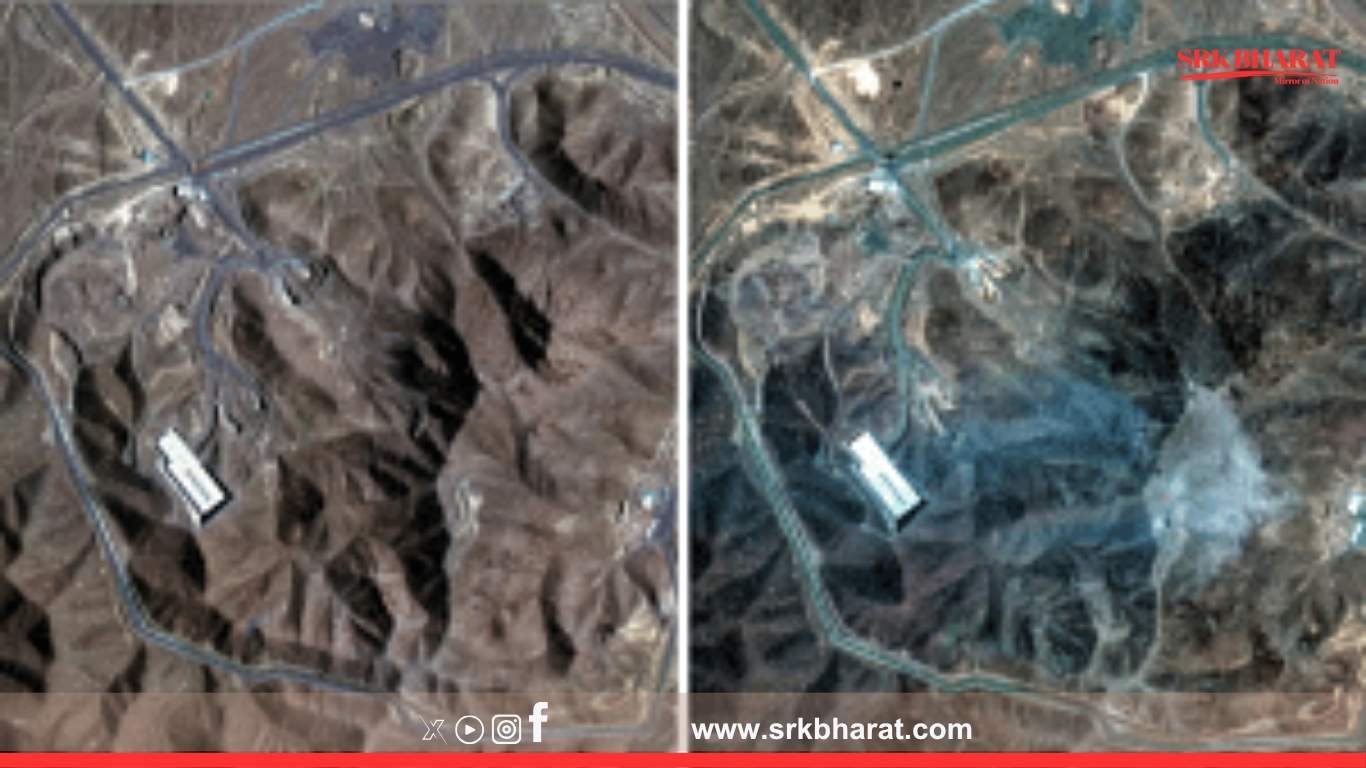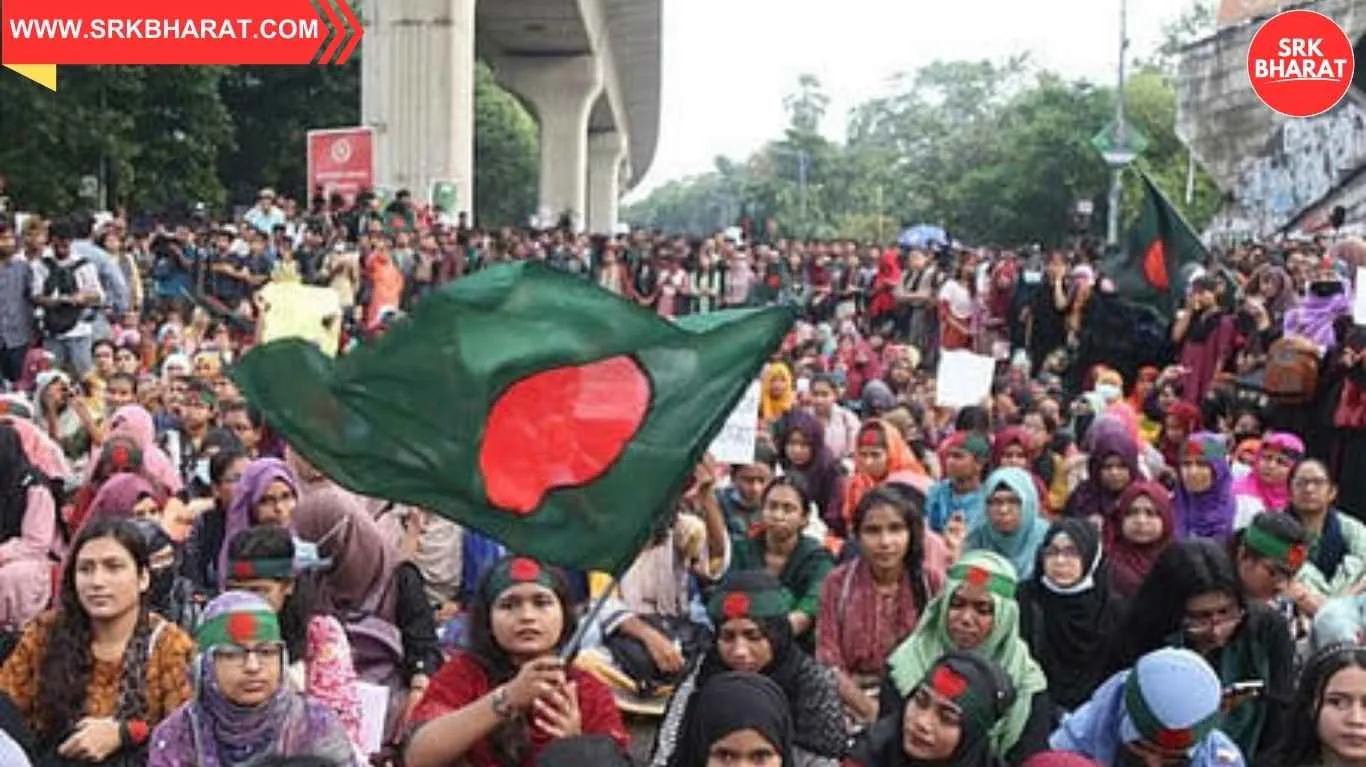In a dramatic turn of events, Iran is grappling with the stark reality that its status as a nuclear threshold state now poses unprecedented security risks. Recent targeted strikes on key nuclear facilities have underscored the vulnerabilities of a nation that once believed its nuclear pursuits would serve as a deterrent rather than a liability.
Targeted Strikes and Escalating Tensions
On June 22, 2025, the United States launched coordinated airstrikes against three critical sites—Fordow, Natanz, and Isfahan—purportedly aimed at crippling Iran’s nuclear infrastructure. Senior U.S. officials described the operation as a decisive measure intended to undermine Iran’s nuclear capabilities after years of mounting international tension. The unprecedented military action has sent shockwaves through Tehran, revealing that being on the nuclear threshold does not guarantee safety but instead invites potential aggression.
The Peril of the Nuclear Threshold
Over the decades, Iran has steadily advanced its nuclear program, viewing it as both a symbol of national pride and a strategic asset. However, experts now warn that maintaining a position on the nuclear threshold can be a double-edged sword. While it may deter some adversaries, it equally exposes the nation to aggressive preemptive actions from regional competitors and global powers alike. Analysts argue that the current scenario marks a turning point: Iran’s nuclear ambitions, once seen as a pathway to increased national security, are now proving to be a dangerous gamble with destabilizing consequences.
International Repercussions and Strategic Reassessment
The airstrikes have reignited debates in global policy circles about the future of nuclear diplomacy and security in the Middle East. While Israel and its allies view the operation as a necessary step to curb Tehran’s potential to escalate further, Iran’s leaders have condemned the strikes as a violation of international norms. The incident has forced policymakers around the world to reassess the delicate balance maintained by nuclear threshold states, highlighting that the possession of nuclear technology without a full-fledged arsenal leaves one dangerously exposed to military interventions.
Iran’s Response and Future Implications
In the wake of the strikes, Iranian officials have vowed a robust response to defend their national interests and secure what remains of their nuclear program. The unfolding situation has not only intensified internal calls for a strategic overhaul but has also prompted deeper reflections on the broader implications of nuclear threshold policies. With regional tensions already high, the incident underscores the urgent need for renewed dialogue and international efforts to mitigate further risks of escalation.
🔁 Share this article to stay updated on the evolving dynamics of nuclear security and the latest developments in Middle East geopolitical tensions.











